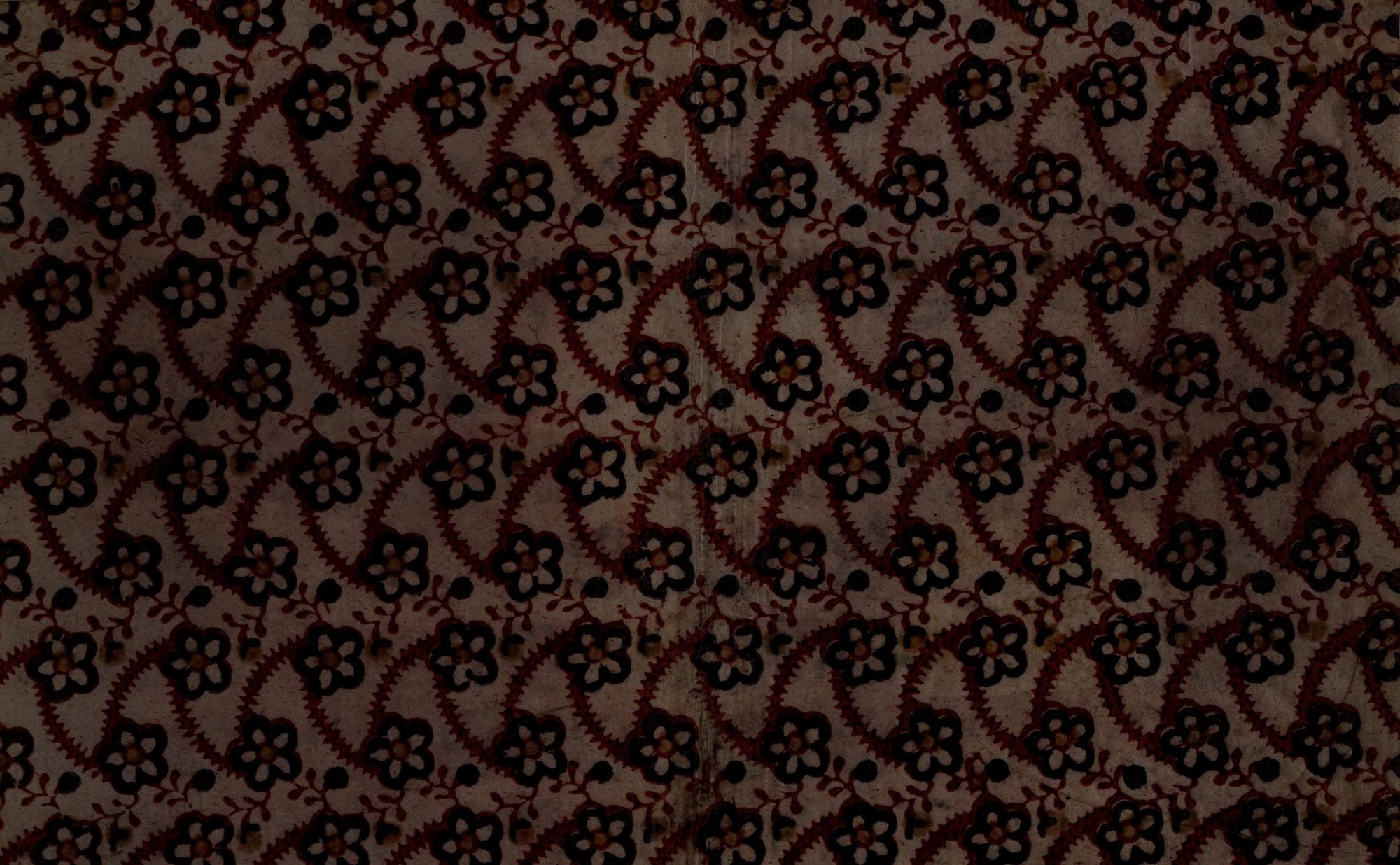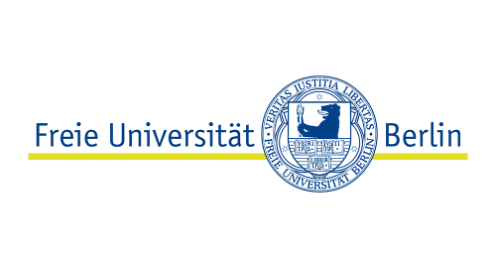This is a brief exploratory presentation discussing the ‘abandoned website’, an ontological and aesthetic category which has a great deal of cultural status online yet little critical or academic presence. The abandoned website remains online far longer than would normally be expected; it is often characterised by ’90s design tropes and digital decay. After outlining some examples of ‘abandoned websites’ and theoretical frameworks which offer useful approaches, I focus on the still-running website of ‘Heaven’s Gate’, an infamous UFO cult who committed ritual suicide in 1997, as a model abandoned website. I enact a close reading of a few key aspects of the site – including moments of ‘keyword stuffing’ and ‘link rot’ – as examples of how one might ‘read’ the abandoned website. I conclude by highlighting recent discussions on Twitter regarding the social media site’s (predicted) abandonment and decay. By doing so, I make a case for an alternative history of the internet which pays particular attention to gaps and remnants, and the abandoned website not only as deserving of critical attention in its own right but important framework through which to understand challenges faced in contemporary internet culture.
Bio
Oscar Farley is a writer and PhD student at Queen Mary, University of London, investigating abandoned websites and ruination on the internet. His work has been published in the Times Literary Supplement, 3:AM Magazine and King’s Review, and exhibited/performed at the Stephen Lawrence Gallery and Corsica Studios.





